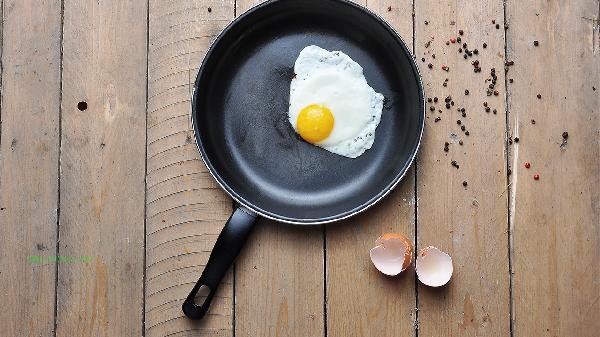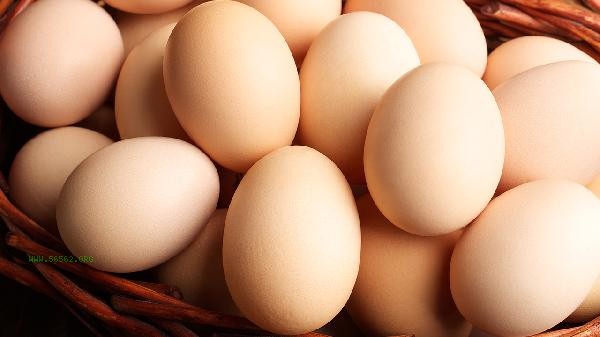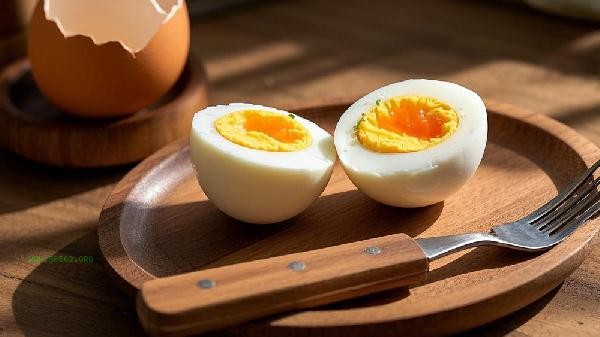The inability to peel off boiled eggs is usually related to the freshness of the eggs, cooking methods, and cooling methods. The main reasons are that the eggs are too fresh, the cooking time is insufficient, the cooling is not sufficient, the peeling technique is improper, and the inner membrane of the eggshell is adhered.

1. Eggs are too fresh
The inner layer of the eggshell of fresh eggs is tightly bound to the protein, making it more difficult to peel off after cooking. The pH change of eggs stored for 3-5 days can cause the inner membrane to relax, making it easier to peel during cooking. If you need to use fresh eggs immediately, you can add a small amount of baking soda to the water to change the acid-base environment.
2. Insufficient cooking time
After the water boils, it should be boiled over medium heat for 8-10 minutes. After the protein is completely solidified, it forms a separation layer with the eggshell. Insufficient time can lead to protein adhesion, it is recommended to use a timer to control it. When cooking, gently stir the eggs to ensure even heating.
3. Insufficient cooling
Immediately rinse with cold water or soak in ice water for 5 minutes after turning off the heat. The principle of thermal expansion and contraction will separate the eggshell from the protein. When the cooling time is insufficient, residual heat continues to evaporate surface moisture, leading to protein sticking back. Ice cubes can be added to water to accelerate cooling.

4. Improper peeling technique
Before peeling, lightly tap the ends and waist of the egg to form cracks, and the peeling efficiency is higher from the air chamber end. You can use water flow infiltration while rinsing with cold water, or use glass bottle mouth suction method to assist in peeling. Avoid violent stripping that can lead to protein defects.
5. Adhesion of Eggshell Inner Membrane
Some varieties of eggs have thick inner membranes that are prone to adhesion. Before cooking, use a needle to puncture a small hole at the end of the air chamber to release pressure. Adding a little salt or white vinegar to soften the inner membrane during cooking, and keeping the inner membrane intact during peeling can reduce protein residue.

Eggs that have been kept at room temperature for several days can be selected for daily cooking. After boiling, turn the water to medium and low fire to avoid severe boiling. After turning off the fire, transfer it to ice water immediately. When peeling, start from the air chamber end and use running water for smoother flushing. If batch processing is required, steaming can be used instead of boiling water, as steam heating is more uniform. When storing cooked eggs, they should be refrigerated and consumed as soon as possible to avoid repeated heating that affects the taste. For boiled eggs consumed by infants, young children or the elderly, it is recommended to choose organic eggs and ensure that they are fully cooked.








Comments (0)
Leave a Comment
No comments yet
Be the first to share your thoughts!